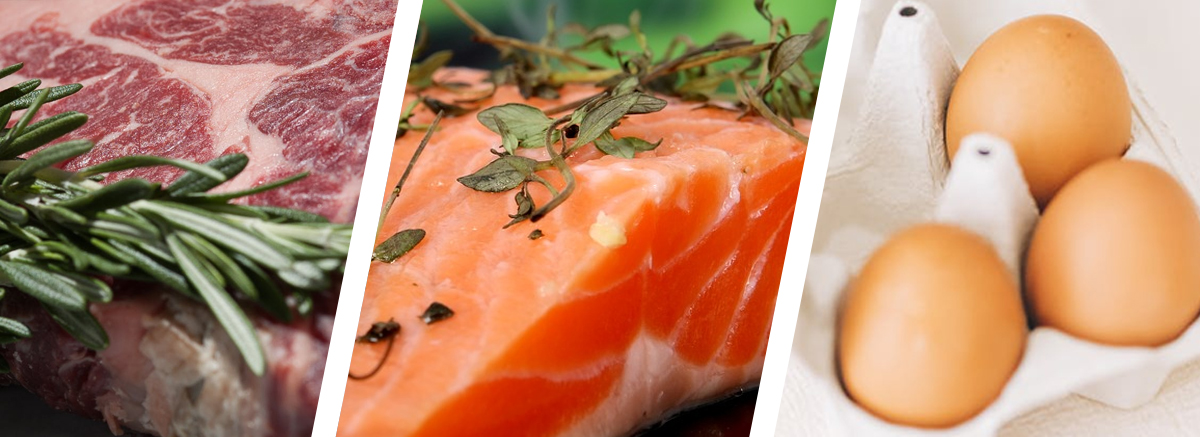Branched chain amino acids (BCAAs) are an essential nutrient in our body that consists of the chain of chemicals obtained from protein. We have 20 different amino acids in our body, 8 of which are considered essential, and 3 are the branch chain aminos that BCAAs are composed of. This chemical chain includes leucine, isoleucine, and valine. We get this protein source from our food, particularly meat, dairy, and legumes. They stimulate protein’s role of building muscle. They also help prevent muscle breakdown.
BCAA’s are a popular fitness supplement. For athletes or even the common gym-goer, these chemicals can improve performance by preventing fatigue, improving concentration, and reducing muscle breakdown. They have been shown to improve muscle soreness post-exercise. They can help reduce DOMS (delayed onset muscle soreness) which typically occurs within the initial 24 to 72 hours post-workout. Leucine aids in the muscle-making process. BCAAs have been shown to increase protein synthesis by up to 22%. Many protein powders contain branched chain amino acids, but they can also be found as a supplement all their own. Most protein powders have about 5 grams of BCAAs per 25 grams of protein.
They are also used medicinally. They are given to people with liver disease. They help the brain translate messages and impede upon faulty signaling related to liver disease, anorexia, mania, and tardive dyskinesia (involuntary repetitive body movements). When cirrhosis occurs in the liver, the brain does not signal correctly to help remove waste products and toxins from the blood. BCAA’s improve appetite to help people with these diseases to have better nutrition.
Bodybuilders like to take BCAAs as a result of the dieting process leading up to a competition. Dieting is part of stage preparation to look your best, but in this process, the body is at a caloric deficit to get the lean, cut look. However, the competitor doesn’t want to lose muscle mass. BCAAs work their magic with protein synthesis trying to build new muscle while fighting the deficit and then work to decrease breakdown.
The best food sources that contain BCAAs are meat and dairy:

- Beef: 100 grams = 6.8 grams BCAAs
- Chicken: 100 grams = 5.8 grams BCAAs
- Whey protein powder: 1 scoop = 5.5 grams BCAAs
- Soy protein powder: 1 scoop = 5.5 grams BCAAs
- Canned tuna: 100 grams = 5.2 grams BCAAs
- Salmon: 100 grams = 4.9 grams BCAAs
- Turkey: 100 grams = 4.6 grams BCAAs
- Eggs: 2 = 3.28 grams BCAAs
- 1% milk: 1 cup = 2.2 grams BCAAs
- Greek yogurt: ½ cup = 2 grams
Food is always the best source of nutrition. Add supplementation when your body needs extra support. BCAAs are essential in our body. Anything essential needs to be had, so make sure you get the right amount of amino acids to help meet your body’s needs.
Join Megan for her webinar on this topic, Supplements: The Physiology Behind Trying to “Out Supplement” Nutrition
Megan Johnson McCullough, owner of Every BODY’s Fit in Oceanside CA, is a NASM Master Trainer, AFAA group exercise instructor, and specializes in Fitness Nutrition, Weight Management, Senior Fitness, Corrective Exercise, and Drug and Alcohol Recovery. She’s also a Wellness Coach, holds an M.A. Physical Education & Health, and is a current doctoral candidate in Health and Human Performance. She is a professional natural bodybuilder, fitness model, and published author.
References
- https://www.ncbi.nlm.nih.gov/books/NBK209312/
- https://www.healthline.com/nutrition/benefits-of-bcaa
- https://www.healthline.com/nutrition/bcaa
- https://jissn.biomedcentral.com/articles/10.1186/s12970-017-0184-9
- https://academic.oup.com/jn/article/136/1/207S/4664115

